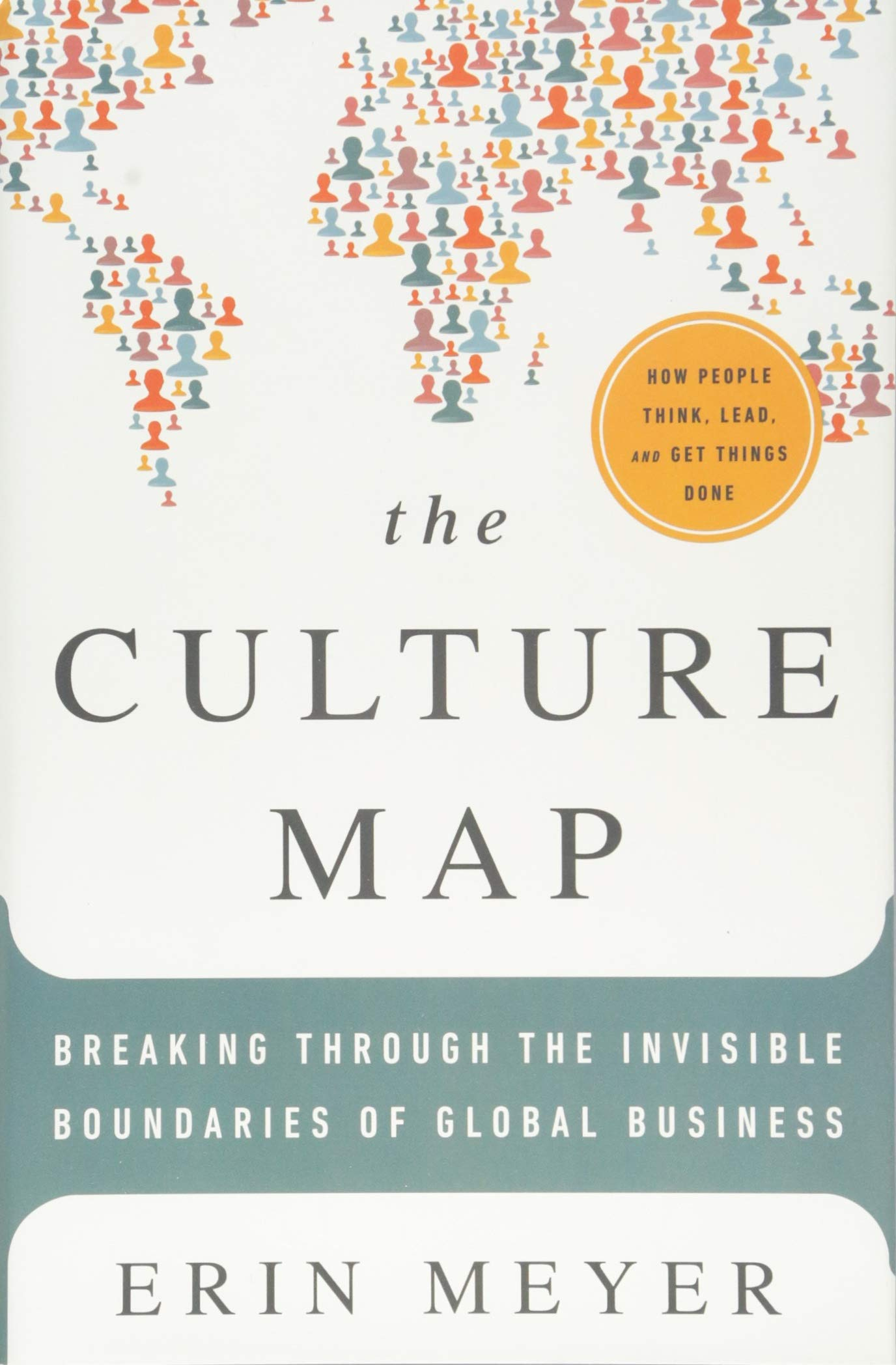The Weekly Hagakure #15
A new chapter begins.
Having literally just moved back to Berlin yesterday, one chapter of my life ends as a fresh one begins. Living in Vienna for the past (almost) 2 years has been an unforgettable experience: I loved the city, I met great people I am now fortunate to count as friends, and I learned immensely in what was essentially a new role for me leading an entire Engineering organization for the first time.
I don't know yet what happens next but, regardless, the more I learn, the more I realize how little I know. And that’s actually very exciting. It's all about the journey, not the destination, right?
With that, please enjoy this week's content.
3 Articles
✍️ Questionable Advice: Can Engineering Productivity Be Measured?
Oh, the good old slippery question of measuring engineering "productivity". It has probably never been more timely, in this age where we have more WFH than ever before. But does it have an answer? Yes and no. At the end of the day, as Charity Majors points out here, it has to start with trust -- and not the other way around.
✍️ Interviewing at Calm as a Software Engineer
How many times did you feel like going for interviews was like plunging into a (oftentimes scary) black hole? True to its mission and values, Calm's experience is instead a beacon of light and clarity, letting candidates know exactly what they're getting into, which in turn allows them to show up with the best version of themselves. A great example worth reading, and following.
✍️ Why I Left Management: the engineering technical track vs. management track
Finding the right role, one that energizes us, depends on knowing ourselves and what makes us tick. An experience in Engineering Management was exactly what Joy Ebertz (at the time Sr. Staff Engineer at Box, now at Split) needed to gain clarity on the type of work where she truly thrives — in her case, going back to an individual contribution role, and discovering that to lead you don’t necessarily have to manage.
2 Videos / Podcasts
📺 20 Years of Product Management in 25 Minutes
Talks that are fun, insightful and thought-provoking all at once are pure bliss for me. And, for my money, that's exactly what Dave Wascha accomplished with this one. He reminds every product manager that their job is to solve the customer's (not the company's!) problems — wisdom that sounds self-evident but is so rarely followed in practice. Oh, and one more for #PublicSpeakingGoals.
📺 Software engineering practices to improve management
In this short talk, Nicky Thompson cuts to the chase by re-applying 4 simple and effective principles of software engineering to management. I can tell from experience: they work. One I particularly liked here is applying product thinking in being part of a team of middle managers: working across with your peers who are leading different teams is incredibly underrated and way too often overlooked.
1 Book
📚The Culture Map: Breaking Through the Invisible Boundaries of Global Business
Many companies, especially tech startups, often take pride in the number of unique nationalities in their ranks. My last two companies alone, one had around 50 nationalities, the other close to 40. In my eyes, this is certainly a good thing and an important dimension of diversity.
But as pointed out in one of the videos I shared last week, inclusion is a very different story. Playing a crucial part in that are "cultural differences", something which Erin Meyer's The Culture Map extensively examines.

I am big believer in the idea that management's job is to create the conditions for people to be happy while producing their best work. What this book makes clear is how our cultural background is a critical variable in that. By not minding it, we create inefficient teams at best, and toxic environments at worst.
While taking care to not overly stereotype and allowing room for individual traits within cultures, Meyer places each culture on a spectrum within each one of 8 different axis: Communicating, Evaluating, Persuading, Leading, Deciding, Trusting, Disagreeing and Scheduling. The actual culture map comes to life by tracing a line for each culture across these 8 dimensions, visually laying out where both differences and similarities lie.
Meyer draws numerous examples from her extensive career consulting on cultural integration, really bringing her points to life, and making this an always engaging and fun read. The Culture Map is probably the best reference out there on how cultural background affects the workplace and, frankly, should be required reading in any tech startup in 2020.
🙌🏽 Thank you for reading! Enjoyed this week’s edition? Have feedback on how I can make this more valuable to you? I’d love to hear it — my DMs are open on Twitter or just write me a comment below.
✍️ Find some more of my ramblings on tech and org stuff over at The Evolutionary Manager.
👉 You can also follow me on Twitter @prla

